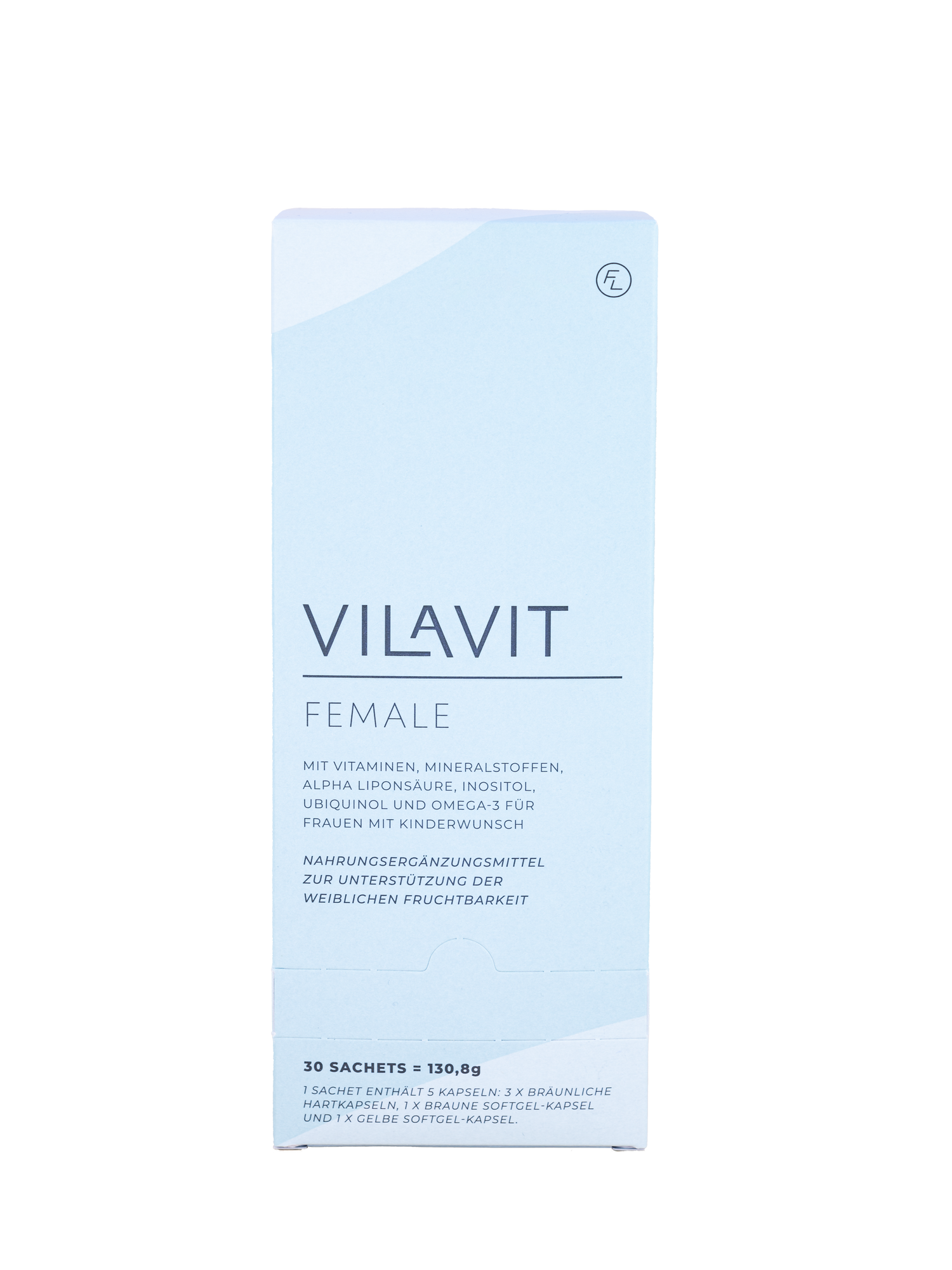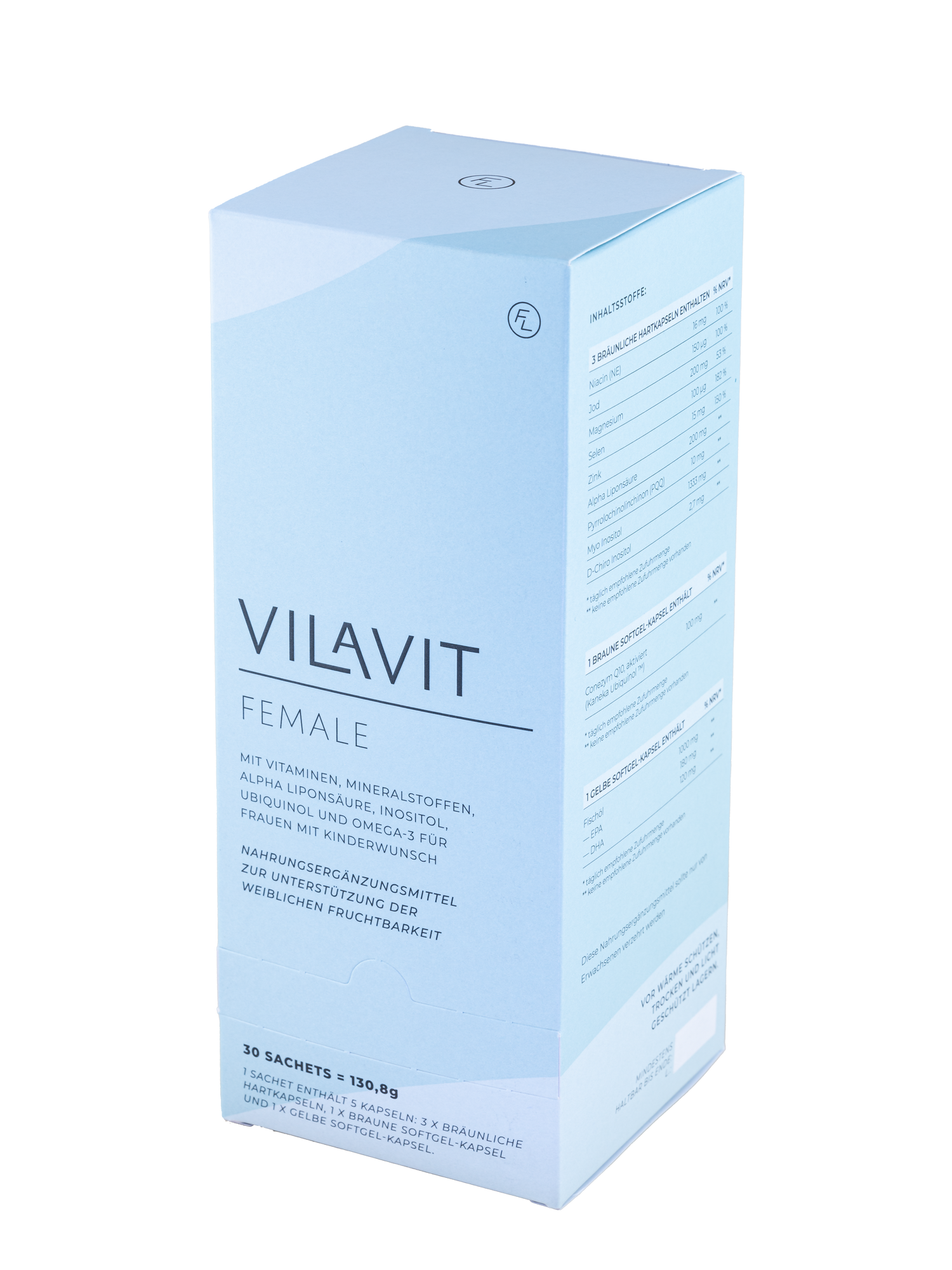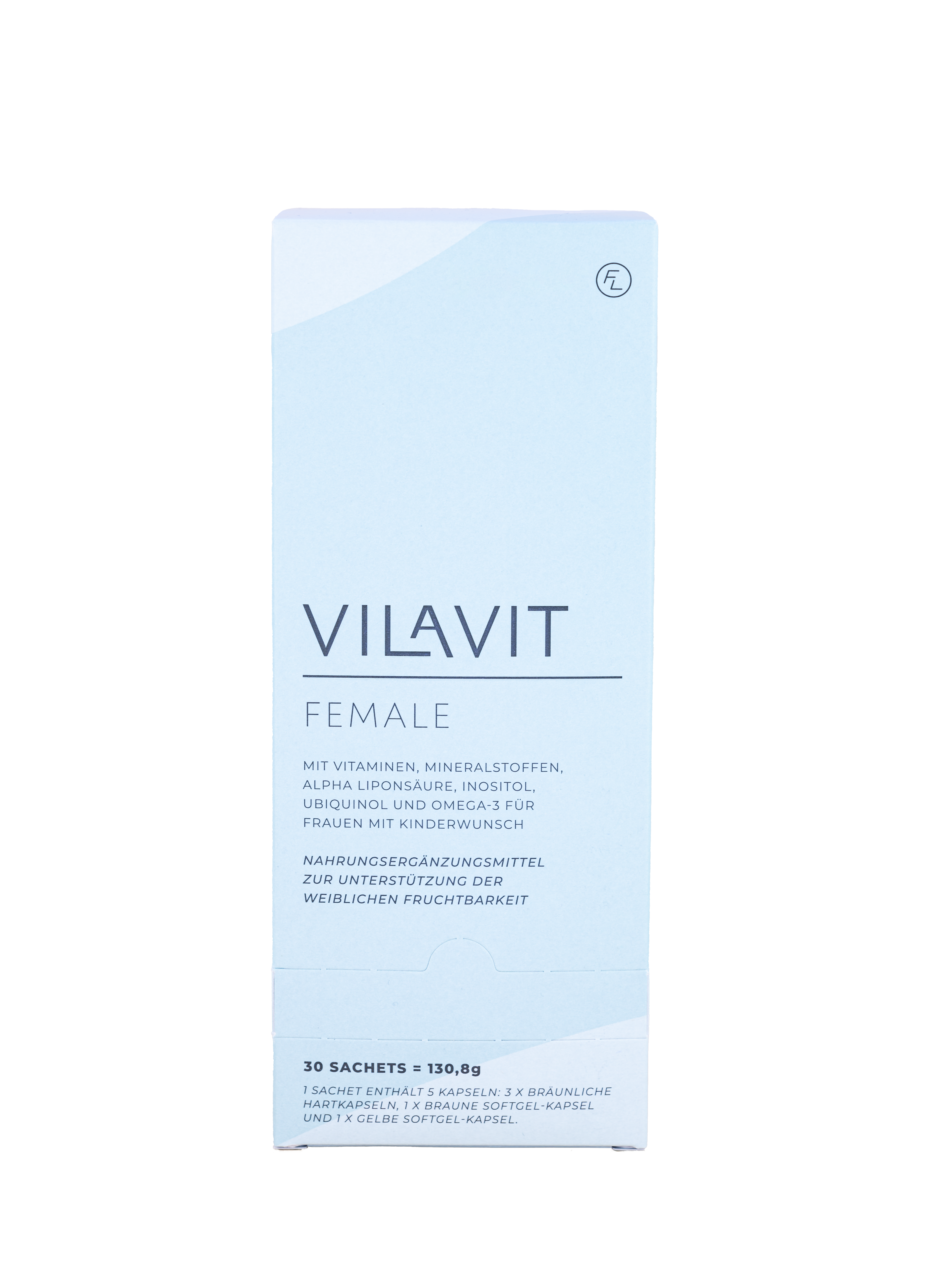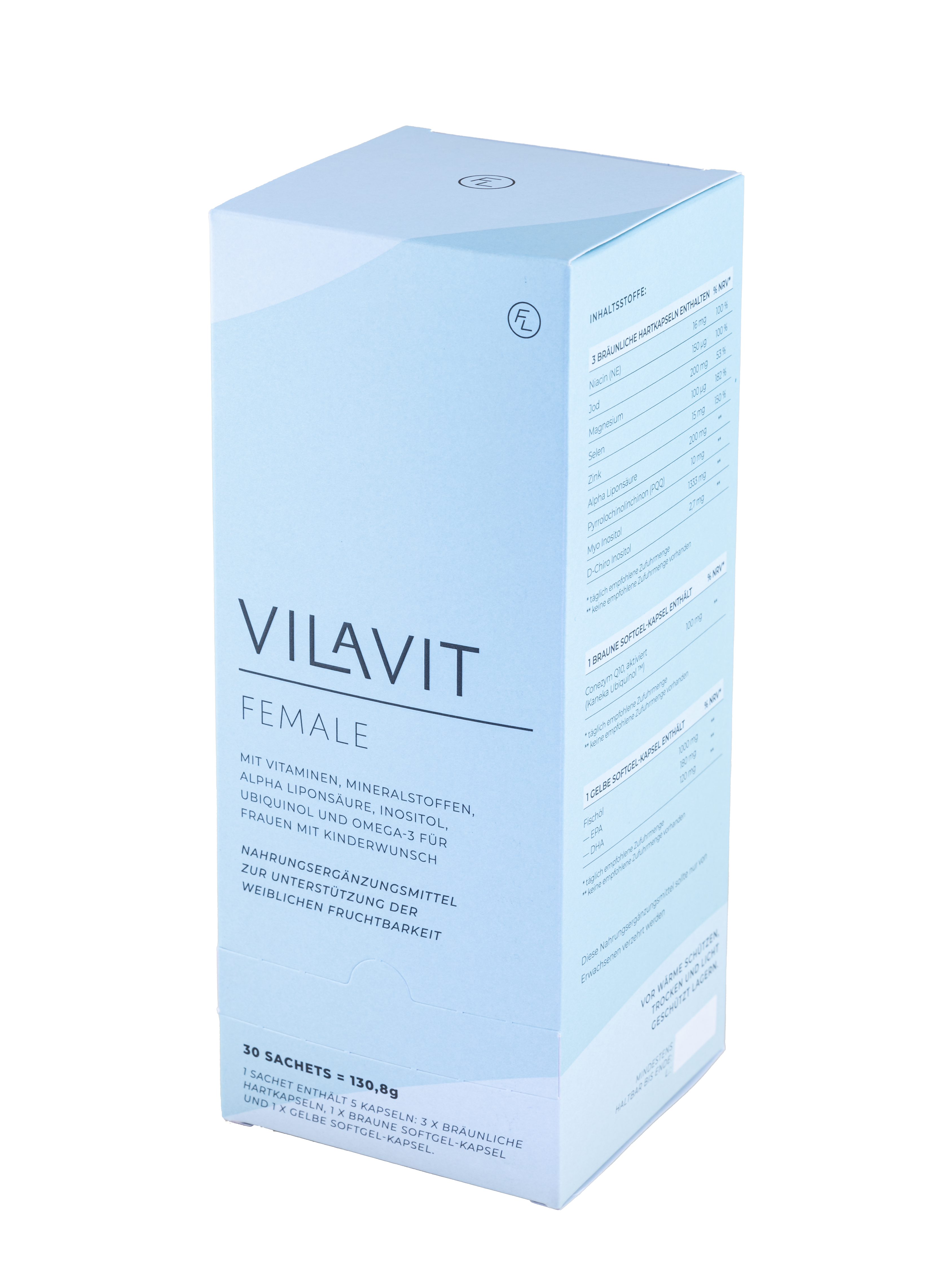Preimplantation Genetic Diagnosis (PGD) is a method employed in In Vitro Fertilization (IVF) for the early detection of genetic disorders.
When is PGD Recommended?
Human geneticists recommend PGD under the following conditions:
- When one or both parents are carriers of a genetic disorder
- In cases of previous aneuploid pregnancies (abnormal chromosome numbers)
- For women aged 38 and above
- After more than three failed IVF cycles
- In cases of recurrent miscarriages
- In situations requiring testicular biopsy for sperm retrieval
- When a sibling has certain genetic diseases
PGD regulations vary globally, with some countries allowing it under strict conditions, while others prohibit it entirely.
Procedure of Preimplantation Genetic Diagnosis
PGD is conducted within the framework of IVF or Intracytoplasmic Sperm Injection (ICSI) and can be performed on 3-day or 5-day-old embryos.
- Embryo Biopsy: A laser creates a hole in the zona pellucida, and a few cells are subsequently removed.
- Tubing: The extracted cells are placed in a tube, and their DNA material is then isolated.
- Analysis of Extracted DNA Material: Various techniques enable the analysis and evaluation of the genetic material.
Genetically suitable embryos are preserved for transfer, while embryos with genetic alterations are discarded.
Advantages of Preimplantation Genetic Diagnosis
- Selection of Optimal Embryo Quality: Embryos with altered genetic material can be directly discarded, allowing for the transfer of genetically healthy embryos.
- Higher Pregnancy Rates: Embryos with no implantation potential are promptly discarded.
- Reduced Risk of Miscarriage: Embryos with genetic mutations that could lead to a miscarriage post-implantation are not transferred to the uterus.
Disadvantages of Preimplantation Genetic Diagnosis
- Invasive Procedure: Due to the highly invasive nature of the procedure, some embryos may cease development.
- Cycle Disruption: If all embryos are sorted out due to abnormal results, no transfer takes place.
- Ethical Controversy: PGD is at the center of a significant debate on the limits of reproductive medicine. Are "Designer Babies" a medical advancement, or do they lead to selection and discrimination?















